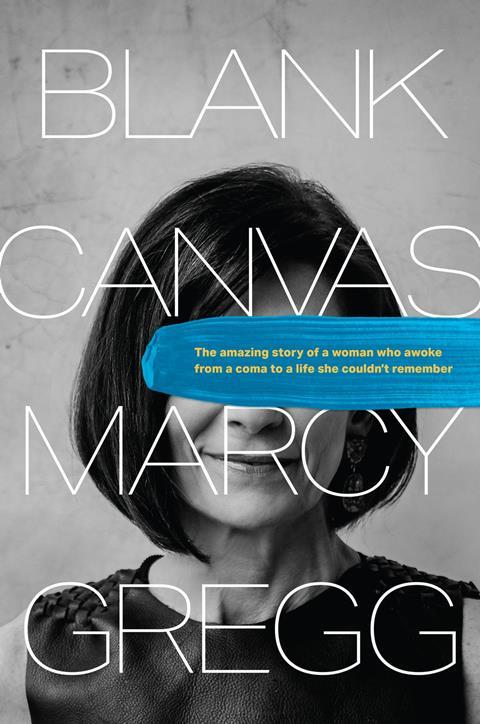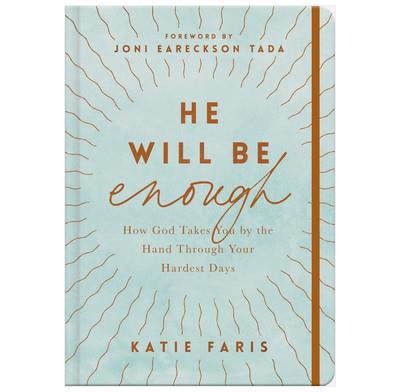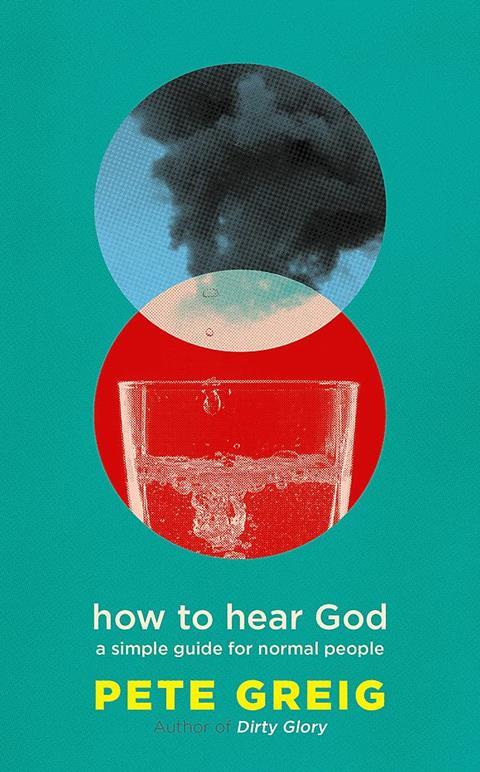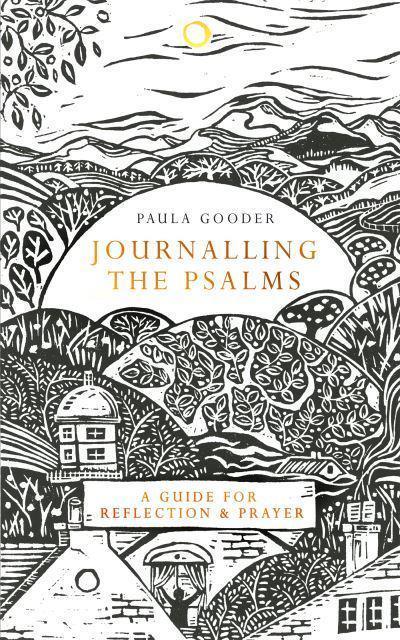Author and avid reader Claire Musters shares the ten books that have had her gripped this year.
It is a great joy to host the book club, and engage with so many wonderful readers. As well as sharing my own book discoveries with them, they so often point me to great reads too. If you’d like to join us please do – it is totally free to do so. You can get more information here.

Blank Canvas by Marcy Gregg (Tyndale)
When Marcy Gregg gave birth to her third child she contracted meningitis. When she woke up from a coma she had the memory of a 17-year-old – not the 30-year-old she was – so had lost 13 years of memory. What followed was a hugely difficult journey, in which she began by faking things. Ultimately, she found hope, beauty and faith as she embraced all that God taught her, navigating the blank canvas of her life.
He Will Be Enough by Katie Faris (The Good Book Company)
This is Katie’s first book – but I hope it won’t be her last. She writes from a place of vulnerability and honesty and it is obvious that her words are trustworthy when she begins by sharing right from her heart. Her story is a hard one – a pastor’s wife with five children, three of them have an extremely rare and dangerous genetic condition called Alpha-1 Antitrypsin Deficiency. Katie weaves her family’s story through the 20 short chapters, alongside the truths from God’s word that have held her when circumstances have threatened to overwhelm. If you have experienced suffering and/or have ever questioned what God is up to, let Katie guide you through the bewildering landscape back towards your loving, compassionate Father. She is gentle, compassionate and kind – and her words full of truth and life.
How to Hear God by Pete Greig (Hodder and Stoughton)
Pete Greig has written on prayer many times, but his latest book focuses on how we can actually hear God when we spend time with him. As ever, his writing is clear, authentic and also challenging. Using the story of Jesus speaking to the travellers on the Emmaus Road, Pete pulls out insights and shares what he has learned about hearing God through the Bible, through the prophetic, dreams, the small ‘still voice’ within etc. A must read.

Journalling the Psalms by Paula Gooder (Hodder & Stoughton)
Paula leads the reader through 15 psalms, providing helpful facts about the background and language but also giving space for journaling or drawing responses. It is engaging and highly accessible. (Paula also wrote a great retelling of the story of Lydia from Acts in 2022, which is worth checking out.)
Something You Once Knew by Joshua Luke Smith (Form)
This is quite a short book, but it packs a punch. It was one I worked through with my church’s book club and we all commented on how poetic Joshua’s writing is. A musician and songwriter, his talent for describing things we often take for granted in a new and thought-provoking way helps reawaken the reader’s wonder. It is a beautifully written book that makes you ache for deeper connection with your maker.
The Attic Child by Lola Jaye (Macmillan)
The Attic Child is an epic historical novel charting the themes of love, loss, race, privilege, abuse, family secrets, mental health, identity and belonging through a story that focuses on an overlooked part of black British history. It is an incredible story that is deeply harrowing at times.

The Hidden Prince by Tessa Ashfar (Tyndale House Publishers)
For those who enjoy biblical fiction, this was a fascinating read. The main character, Keren, was sold into Daniel’s household and she eventually became Daniel’s most trusted scribe. She was given lessons and swordsmanship training alongside his sons and their best friend, Jared. A tragic accident means Keren finds herself in a foreign country, knowing no one – and being given a secret task – to teach a shepherd boy how to be a lord. She discovers the boy’s real identity and realises she also needs to protect him from the grave danger he is in.
The Unhiding of Elijah by Kelly Flanagan (InterVarsity Press)
The writing in this book is exquisite, although the ‘action’ doesn’t move along quickly (which may take some getting used to). The unravelling of Elijah’s life, and the journey he goes on to piece it back together, is poignant, painful and full of lessons for us all. Kelly does not shy away from delving into pretty dark places, and also shares the painful struggle Elijah has of not sensing God. He incorporates spiritual practises into Elijah’s journey of discovery too. This is a really beautiful and unsettling book. Very different from anything I’ve read in recent years and definitely worth checking out.

Voices of Lament edited by Natasha Sistrunk Robinson (Revell)
This is a collection of stories, poems, essays, prayers and liturgies based on Psalm 37, all written by women of colour – and also highlighting others they know have paved the way before them. Each of these women model lament so well. It is a hard read at times, but that is the point.
Waymaker by Ann Voskamp (Thomas Nelson)
Ann is incredibly open and honest about her own story and hugely painful struggles in this book. She admits to a time when she responded to pain by turning inward, but then God taught her how to still herself to hear him and surrender to him afresh – and it is the explanation of that process that is hugely challenging as well as enormously helpful to the reader.
And here are some recommendations from Woman Alive Book Club members:
My Body Is Not a Prayer Request by Amy Kenny (Brazos Press)
“The hardest part of being disabled isn’t the pain, it’s the people.” In a tour de force, Kenny whistles through ableism in society and the Church, contrasting it with the way disabled people in the Bible are at the centre of God’s kingdom. Using cultural references, fast-moving sentences and razor-sharp wit, she makes the subject matter (if you’ll excuse the disability pun) accessible, rather than dry or academic. An outstanding and important book for all.
Recommended by Tanya Marlow
What Cannot Be Lost by Melissa Zaldivar (The Good Book Company)
A book about grief and losing things that define our lives. The author cleverly ties it in with Louisa May Alcott’s personal story of grief and was also inspired by the time she worked as a volunteer at Orchard House where Louisa wrote Little Women.
Recommended by Ali Grafham
The Marriage Portrait by Maggie O’Farrell (Tinder Press)
Like her previous award-winning Hamnet, this is a fictionalised account of the true story of an unknown historical figure. This one is Lucrezia di Medici, married at 15 and died within a year.
Recommended by Penelope Swithinbank































No comments yet